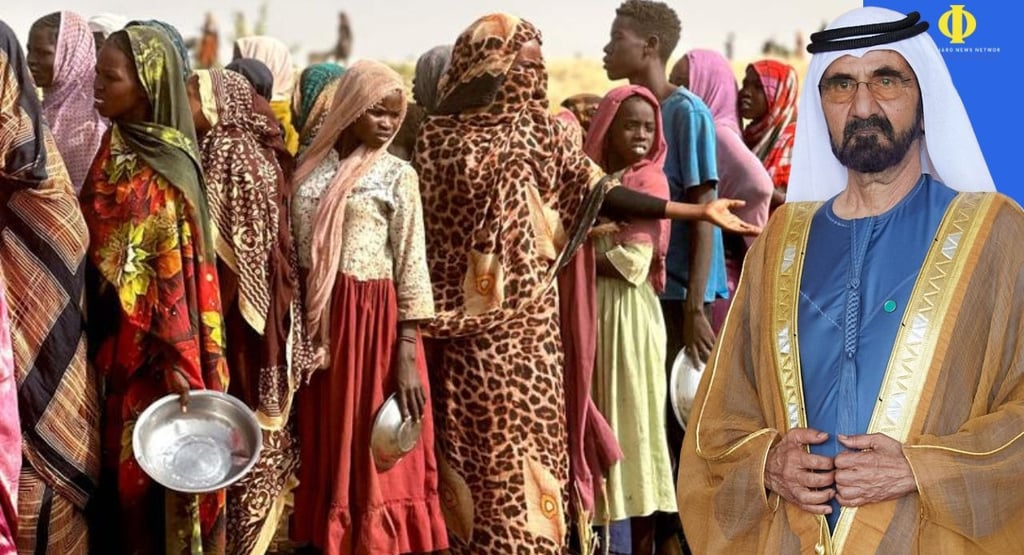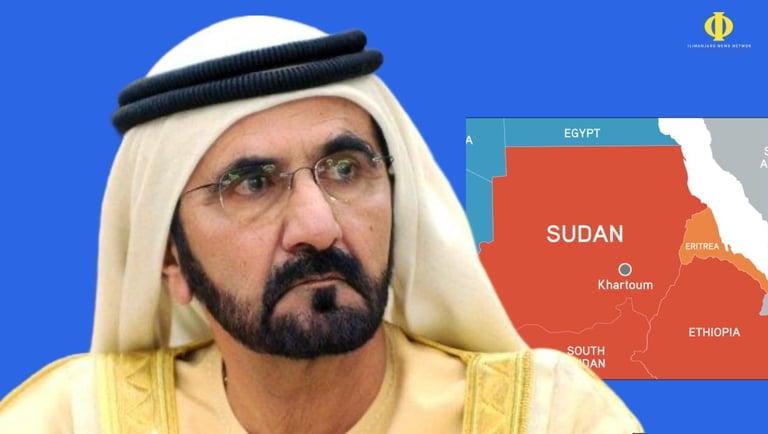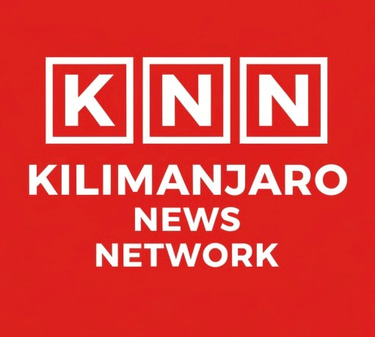The Price of Gold: How The UAE is Killing Sudanese Because of Gold
The genocide in Darfur is not a chaotic breakdown of the state; it is a calculated business model, meticulously underwritten by a foreign power. For every human life lost, every village burned, and every woman assaulted by the Rapid Support Forces, a shipment of arms is already being funneled through the desert, paid for in the raw gold ripped from Sudanese soil. The United Arab Emirates sits at the terminus of this bloody supply chain, exchanging the currency of conflict for geopolitical advantage and clean profit. As the RSF executes ethnic cleansing with impunity, the silence from major world capitals rings louder than the gunfire, confirming a horrific truth: the price of gold is now measured in the human cost of a war that the world’s power brokers have actively chosen to fund and ignore.
WORLD AFFAIRS
E. N. Quenti
11/1/20253 min read


KHARTOUM - SUDAN: The dust swirling across Darfur is no longer just the wind—it is the powdered residue of countless lives lost, a perpetual pall over what the United Nations calls the world's worst humanitarian crisis. As the brutal civil war in Sudan continues its relentless, grinding slaughter, displacing millions and committing atrocities described as ethnic cleansing, the conflict operates on a terrible, simple economy. That currency is gold, and according to global investigators, it flows in a devastating arc straight from the blood-soaked mines of Sudan to the glittering vaults of the United Arab Emirates (UAE).
The paradox is stark: the UAE, a nation possessing virtually no domestic gold mines, has become one of the world's most aggressive acquirers and re-exporters of the precious metal. Over the past few years, as Sudan’s war escalated, the UAE's gold reserves have surged by unprecedented amounts. Reports from organizations like Swissaid and UN panels trace a critical artery of illicit trade: tons of unrefined, undeclared gold are allegedly smuggled out of Sudan, often via transit points like Chad, South Sudan, and Egypt, before making their final, lucrative journey to Dubai’s massive commodity exchanges.
This is not accidental trade; it is the lifeblood of the war machine. The paramilitary Rapid Support Forces (RSF)—accused of the most egregious violence, including mass killings and systematic sexual violence—have long controlled significant gold mining operations in the vast, resource-rich Darfur region. The profits generated by this conflict gold—estimated to be in the billions of dollars annually—do not line the pockets of Sudan’s starving populace; they are immediately funneled into sustaining the RSF’s war effort, paying for drones, weapons, and logistics needed to crush civilian resistance.
While Abu Dhabi vehemently denies supplying arms or complicity, UN experts have documented "multiple" mysterious flights originating from the UAE, often landing in bases in Chad before arms are funneled across the border. Simultaneously, the sheer volume of gold imported by the UAE from Sudan's immediate neighbors far exceeds those countries’ own maximum mining capacity, suggesting a massive, systematic laundering operation for conflict minerals. The gold that buys Dubai its status as a global financial hub is thus inextricably linked to the destabilization and destruction of an entire African nation.
But the silence that once protected this brutal arrangement is breaking. A new generation of activists—the digital-native Gen Z—is championing a global social media boycott campaign against the UAE. Leveraging the raw, immediate power of platforms like TikTok and Instagram, young organizers are cutting through the sophisticated PR sheen of the Gulf nation. Their message is unequivocal: the violence must stop, and the complicity of the UAE must be punished. They decry the alleged practice of treating African nations as mere resource pools and their people as chattel, expendable collateral in a corporate pursuit of higher gold reserves.
This digital outcry is placing undeniable pressure on a country hyper-sensitive to its global image as a safe, modern, and tolerant hub. Every canceled concert, every tourist discouraged, every luxury purchase foregone is a direct link between the suffering on the ground and the global capital underwriting it.
The thousands slaughtered in Sudan are victims of more than just a local power struggle; they are casualties of a rapacious global demand for wealth that prioritizes profit over humanity. As long as the gold flows, the war will rage. The choice is now laid bare before the international community and global consumers: continue to buy the gold, or finally cut the financial tap that keeps the rivers of blood flowing.



